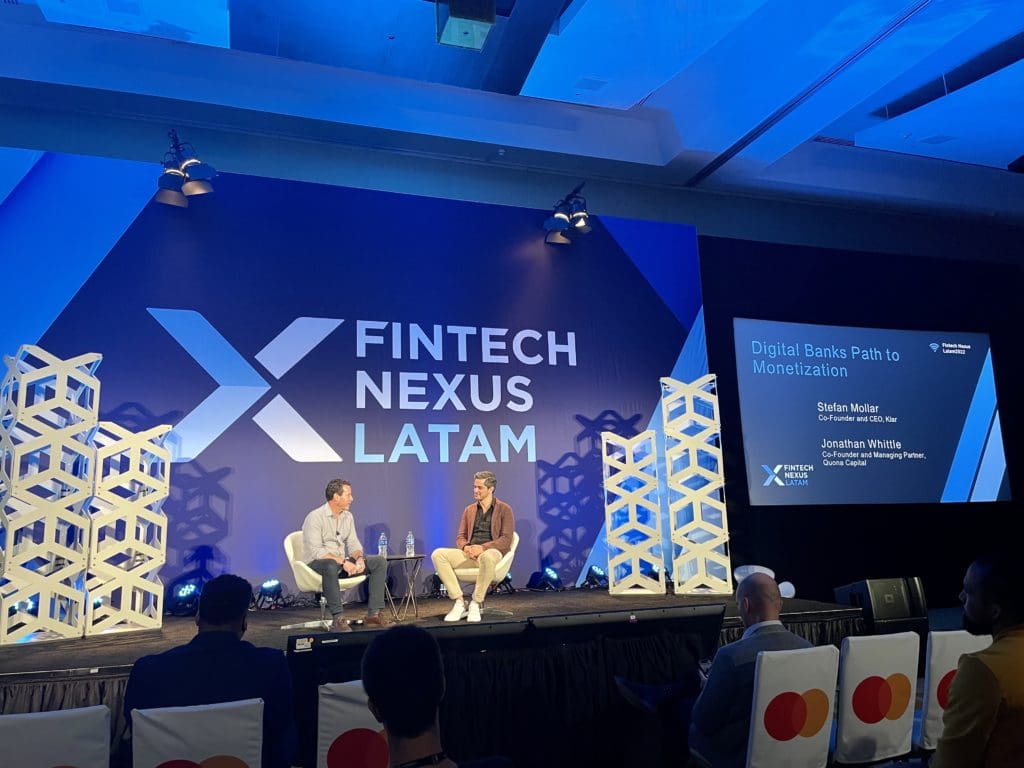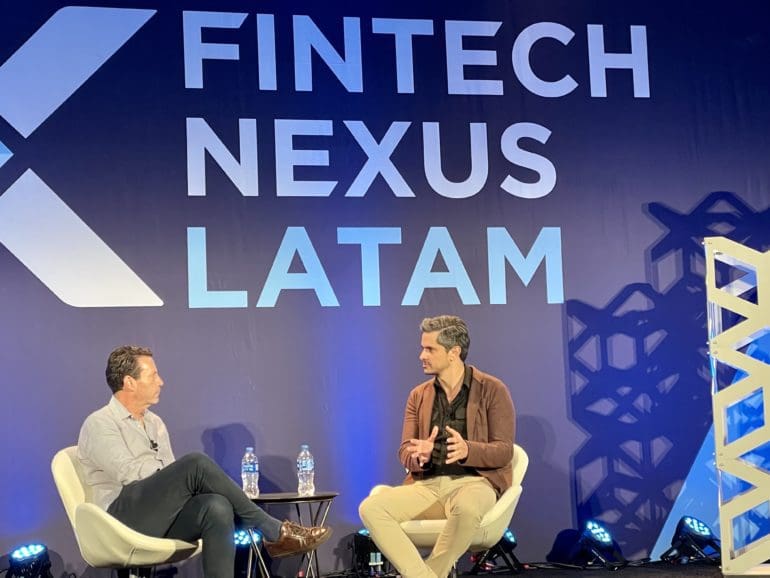MIAMI, Fla. — Millions of people in Mexico do not have access to primary financial products such as debit cards, savings accounts, or credit to start a business.
Fintechs like Klar have been working in recent years to radically change the scenario in which this large segment of the local population finds itself, providing financial services that are much simpler and more accessible than those of traditional banks.
According to Stefan Moller, CEO of Klar, at the Fintech Nexus LatAm 2022 event, this can be made possible through the de-bureaucratization of processes and the daily work on expanding the user base that interacts with the services positively.
But one of the challenges most commonly encountered by this type of fintechs in Latin America is monetization: How to know the right way to grant credit to users with little financial relationship? How to profit from these services in countries as challenging as Mexico?

Underwriting differently than incumbents
“We analyze an immense amount of data from traditional third party sources…more sophisticated third party sources. And the philosophy is just to iterate, iterate and measure what works and what doesn’t work, but make sure that you’re always underwriting differently than the incumbents because the incumbents already thrive. They have 85% of Mexicans without a credit card,” Moller said.
Klar has three sources of income: exchange rates, bonds, and floating income, which is the money it earns from user deposits because it is allowed, from a regulatory point of view, to use this money in other operations.
One of the fintech’s biggest bets is on deposits in its digital account.
“Building out the balance sheet is necessary. I will say for any credible business, but even more so in emerging markets. And the only way to scale [the business] is through taking deposits, offering value, so that they give you that deposit,” the executive said.
Solutions for an underbanked population
Founded in 2019, Klar offers consumer solutions that span all the financial needs of Mexican users, including spending with credit program offerings, mobile payments and rewards, and BNP loans and services).
“The way that we like to talk about it is to grow in the Klar ecosystem, in which we try to gain more and more share of users’ financial lives,” said Klar’s CEO.
Since 2019 when they started operations until this year, Klar has managed to raise $150 million in capital, which positions them as one of the Mexican fintechs that have attracted the most significant investment.
In June of this year, the Mexican digital bank raised $90 million in its financing round led by US private equity firm General Atlantic.
Also participating in this round were Prosus, Quona, Mouro, IFC, Acrew, WTI, and Endeavor Catalyst.


